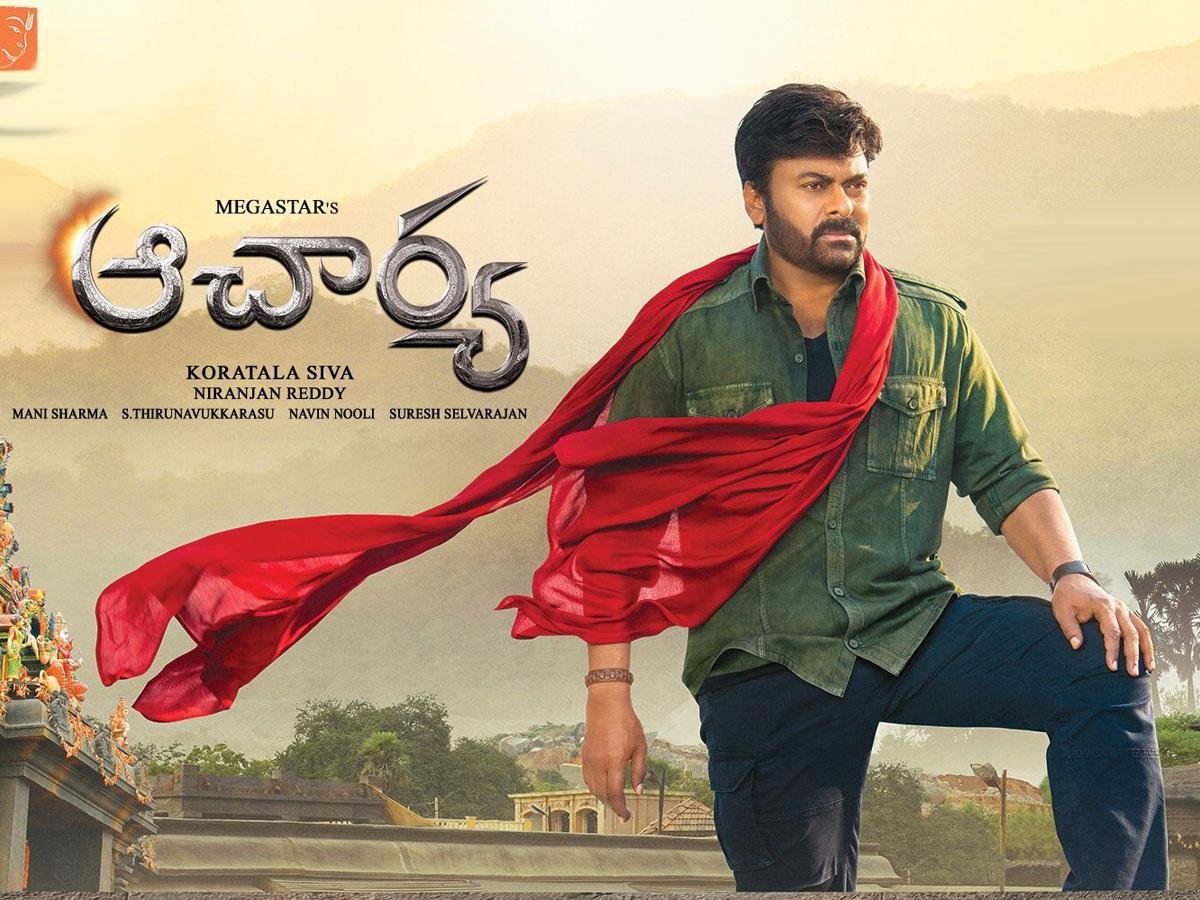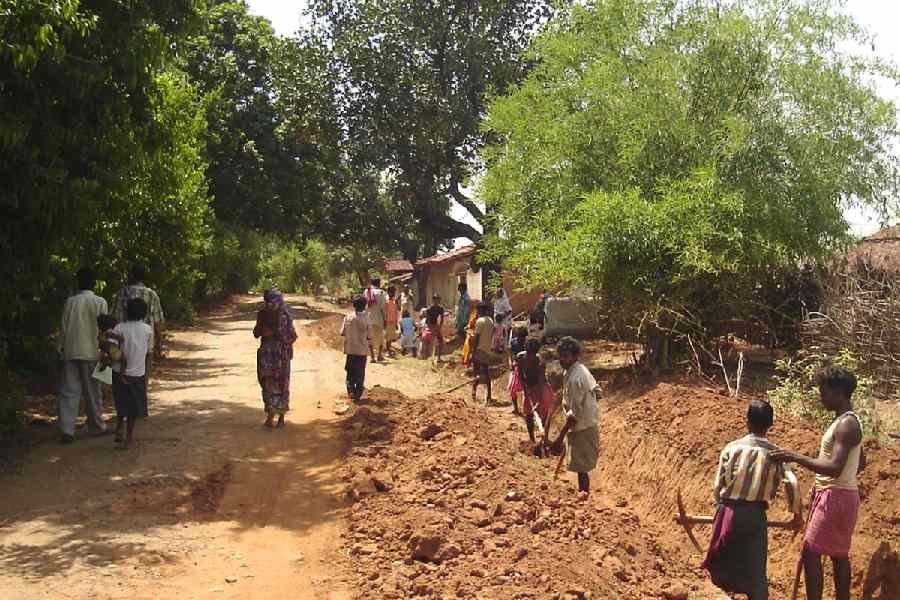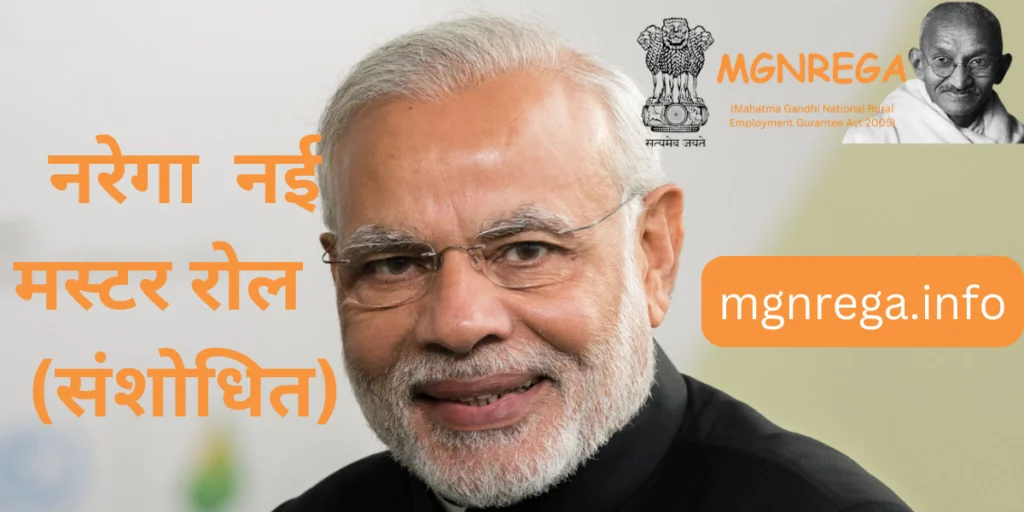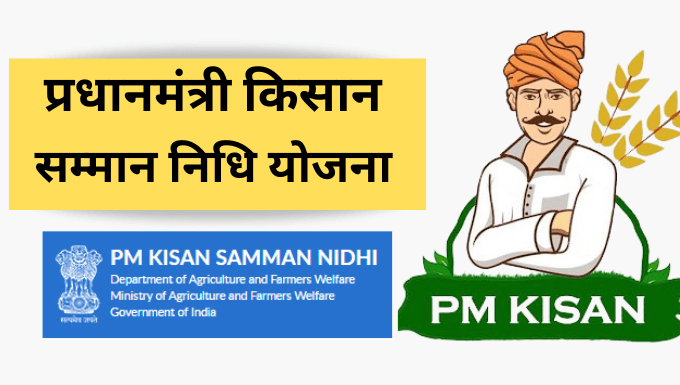MGNREGA: Key features & NREGA Mobile Monitoring System.
The Mahatma Gandhi National Rural Employment Guarantee Act (MGNREGA) is a social welfare scheme in India that was enacted in 2005 with the number one intention of supplying employment and livelihood protection to rural households. The act is named after Mahatma Gandhi, who advocated for rural employment and poverty alleviation.
Key features of the MGNREGA include:
The act guarantees 100 days of wage employment in a financial year To each rural family whose individuals volunteer to do unskilled guide work.
Focus on Rural Development:
The primary objective is to enhance the livelihood security of people in rural areas by guaranteeing at least one hundred days of salary employment in an economic year to each family whose grownup participants are inclined to do unskilled guide work.
Decentralized Planning:
The planning and implementation of the projects under MGNREGA are decentralized. Gram Panchayats are responsible for the identification of projects, planning, and execution.
Minimum Wages:
Workers under the MGNREGA are entitled to receive wages at least equal to the statutory minimum wage fixed by the state government.
Gender Inclusion:
The act emphasizes the participation of women and ensures that at least one-third of the beneficiaries are women.
Social Inclusion:
MGNREGA aims to bridge the gap between different social groups by ensuring that marginalized communities, including Scheduled Castes and Scheduled Tribes, get their fair share of employment opportunities.
Asset Creation:
The focus is not just on providing employment but also on creating durable assets that contribute to rural development. This includes activities like water conservation, afforestation, and rural infrastructure development.
The MGNREGA has been an important initiative in India’s efforts to address rural poverty and unemployment. It is seen as a crucial tool for promoting inclusive growth and sustainable development in rural areas. The success of the program depends on effective implementation, community participation, and ensuring transparency and accountability in the utilization of funds.
How NREGA is helpful for rural families:
NREGA is a social security measure that aims to guarantee the right to work and ensure livelihood security in rural areas of India. The software affords a minimum of a hundred days of salary employment in a monetary year to each rural family whose grownup participants volunteer to do unskilled guide work.
By 2015, over a thousand advisories and circulars related to the act had been issued.
New amendments proposed in 2014
Union Rural Development Minister Nitin Gadkari proposed to restrict MGNREGA programmes inside tribal and bad areas. He additionally proposed to alternate the labour: cloth ratio from 60:forty to 51:49.As according to the brand new proposal, the programme can be carried out in 2,500 backward blocks. Both proposals got here for sharp criticism. Several economists with various perspectives are averse to the concept of limiting or “focusing” implementation in some districts or blocks.
In the November 2014 cupboard expansion, Birender Singh changed Nitin Gadkari to rural improvement minister. Among the primary statements made through the brand new minister changed into a warranty that NREGA could hold in all districts. Around the same time, however, NREGA finances noticed a pointy cut, and inside the call of ‘focusing’ on some blocks the programme has been constrained to one block.
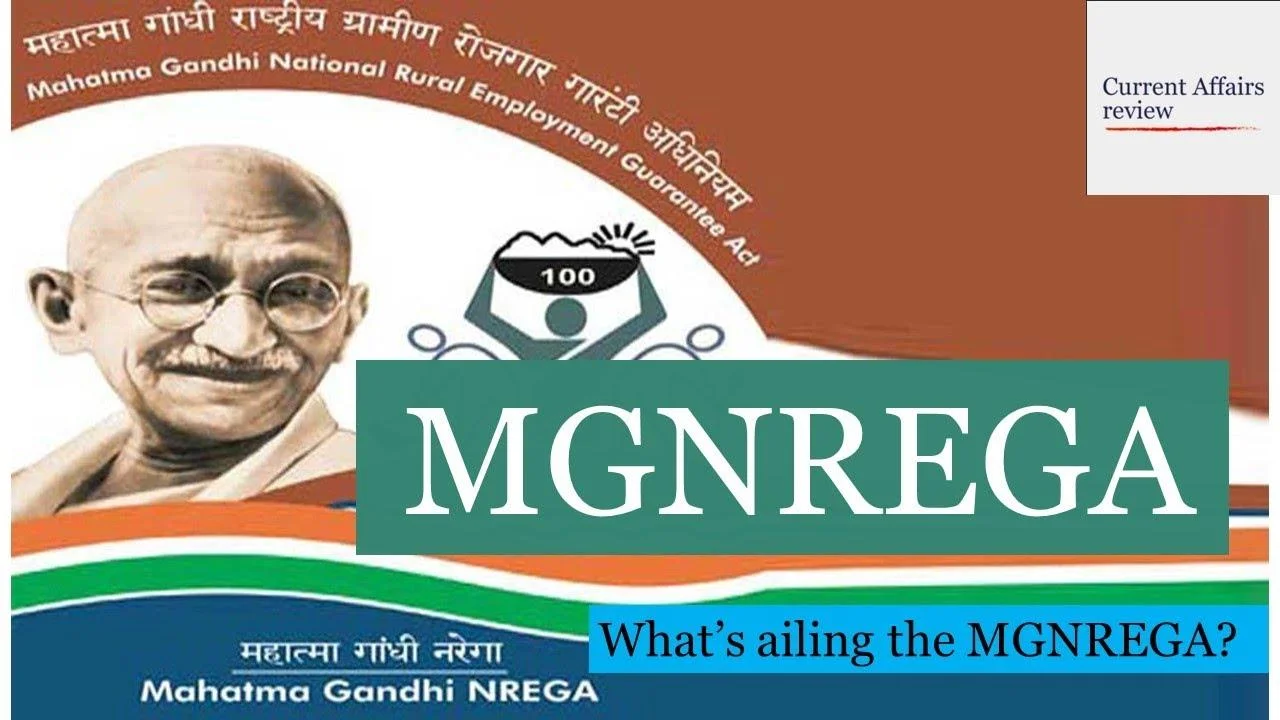
Save MGNREGA
In September 2014 ‘Save MGNREGA’ is a fixed of needs proposed in the course of the joint assembly of the country-wide management of Centre of IndianTrade Unions (CITU), All India Agricultural Workers Union (AIAWU), All India Democratic Women’s Association (AIDWA) and All India Kisan Sabha (AIKS) in New Delhi. The schedule turned into talk about the dilution of the MGNREGA scheme through the brand new government.
The following needs have been proposed:
The Government of India needs to boost the Central allocation for the scheme so that a wide variety of workdays may be expanded to two hundred and in step with the day salary may be expanded to Rs. 300.
- Job cards are to be issued for absolutely each person who needs a job, failing which, after 15 days employment advantages need to be given.
- Minimum of a hundred and fifty days of labour have to be ensured to all cardholders
- The Minimum Salary Act must be strictly implemented. The delay in the salary charges ought to be resolved.
MGNREGA needs to be extended to city areas.
Gram Sabhas ought to be reinforced to reveal the right implementation of the scheme and additionally to test corruption.
New amendments proposed in 2017
Finance Minister Arun Jaitley introduced Rs.48,000 crore to be allotted to the MGNREGA as part of the 2017 Union finances of India.
NREGA Mobile Applications
Various states in India may implement their monitoring systems, and mobile applications are commonly used to streamline the monitoring and reporting processes. These applications may help in tracking work progress, payments, and overall implementation of NREGA projects.
To find the specific “NREGA Mobile Monitoring System” app on Google Play, you should visit the Google Play Store and use its search functionality. Enter the app’s name in the search bar, and you should be able to locate and download it if it exists. Additionally, you can check the official website of the Ministry of Rural Development or relevant state government websites for information on any official mobile applications related to NREGA.
Internal Link – atzworld


